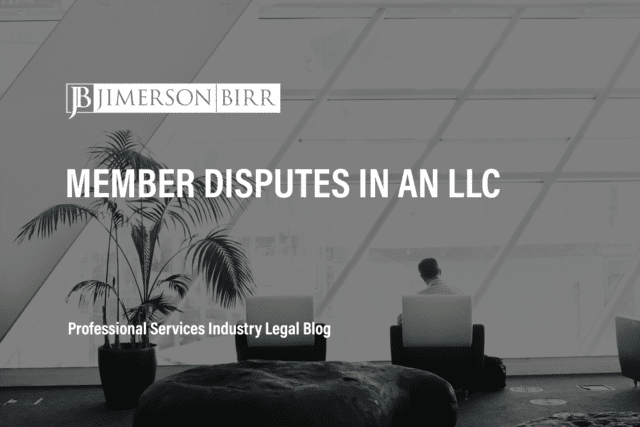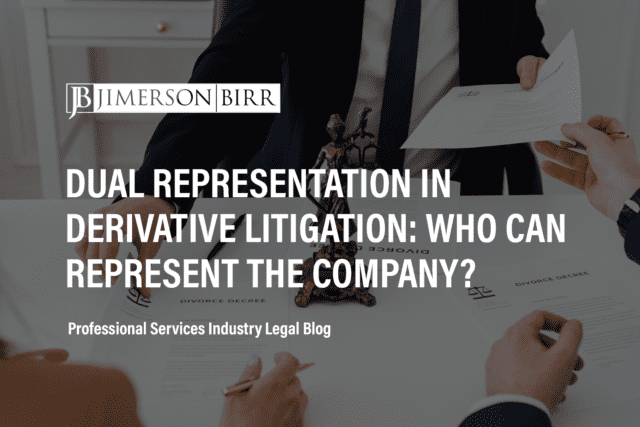What are business dissolutions and liquidations?
Business dissolution and liquidation are the processes by which a business entity, such as a corporation, partnership, or limited liability company, is ended.
Business dissolution is the legal process of ending a business entity’s existence. This process involves filing dissolution documents with the state where the business is registered, notifying creditors, and settling any outstanding legal or financial obligations.
Business liquidation is selling off the business’s assets and distributing the proceeds to its creditors and shareholders. This process typically involves a series of steps, including valuation of the business’s assets, sale of the assets, payment of outstanding debts, and distribution of any remaining proceeds to shareholders.
In the case of a corporation, business dissolution and liquidation may occur voluntarily or involuntarily. Voluntary dissolution may arise when the shareholders vote to dissolve the corporation or the corporation’s term of existence expires. Involuntary dissolution may occur due to a court order or when the corporation fails to comply with legal or regulatory requirements.
In the case of a partnership or limited liability company, business dissolution may occur when the partners or members agree to dissolve the business or when the business’s term of existence expires. Liquidation of partnership or LLC assets usually occurs to pay off outstanding debts and obligations, and any remaining proceeds then distribute to the partners or members according to their ownership interests.
Need help with a matter related to a breach of the articles of incorporation, membership agreement, or partnership agreement? Schedule your consultation today with a top shareholder disputes and derivative litigation attorney.
In Florida, which laws and regulations apply to business dissolutions and liquidations?
In Florida, the laws and regulations that relate to business dissolutions and liquidations vary depending on the type of business entity involved:
- For corporations, Part I of the Florida Business Corporation Act (specifically §§ 607.1401 – 607. 1436) outlines voluntary dissolution, involuntary dissolution, and liquidation procedures. In addition, the chapter sets forth the process for filing articles of dissolution with the Florida Department of State and provides rules for settling any outstanding legal or financial obligations.
- For partnerships, Florida Statutes Chapter 620 sets forth the procedures for dissolution and winding up of the partnership. In addition, the chapter provides rules for notifying creditors, liquidating assets, and distributing proceeds to partners according to their ownership interests.
- For limited liability companies (LLCs), Florida Statutes Chapter 605 outlines the procedures for voluntary and involuntary dissolution and winding up. In addition, the chapter sets forth rules for notifying creditors, liquidating assets, and distributing proceeds to members according to their ownership interests.
What are common issues regarding business dissolutions and liquidations that lead to litigation?
Business dissolutions and liquidations can be complex processes, and several issues may arise that can lead to litigation, including the following:
- Disputes over the value of the business: One of the primary issues in business liquidation is determining the value of the business’s assets. Disputes may arise between stakeholders over the valuation of assets, mainly when there are multiple classes of shares or other ownership interests.
- Disputes over creditor claims: When a business liquidates, its outstanding debts and obligations must be paid before any proceeds can be distributed to shareholders. Disputes may arise over the priority of creditor claims, particularly if there are insufficient assets to pay all outstanding debts.
- Disputes over ownership interests: In some cases, disputes may arise over the ownership interests of stakeholders, mainly if there are multiple classes of shares or other ownership interests with different rights and privileges.
- Allegations of misconduct or breach of fiduciary duty: In some cases, stakeholders may allege that other stakeholders or company officers engaged in misconduct or breached their fiduciary duties during the dissolution or liquidation process.
- Disputes over distribution of proceeds: Once all debts and obligations settle, a liquidated business’s remaining proceeds must distribute to stakeholders according to their ownership interests. Disputes may arise over the distribution of proceeds, particularly if multiple classes of shares or other ownership interests have different rights and privileges.
When a set of facts is appropriate to meet the requirements giving rise to the need for business dissolutions and liquidations, there are many paths a claimant may take. We are value-based attorneys at Jimerson Birr, which means we look at each action with our clients from the point of view of costs and benefits while reducing liability. Then, based on our client’s objectives, we chart a path forward to seek appropriate remedies.
To determine whether your unique situation may necessitate litigation, please contact our office to set up your initial consultation.
What evidence does a plaintiff generally need to file a lawsuit regarding business dissolutions and liquidations, and what are common legal defenses to those claims?
To successfully file a lawsuit regarding business dissolutions and liquidations, a plaintiff must provide evidence that the defendant engaged in wrongful conduct or breached their legal or fiduciary obligations. Some common types of evidence that may be relevant in these cases include:
- Business records: Business records, including financial statements, tax returns, and other financial documents, can be used to demonstrate the financial status of the business and to establish the value of its assets and liabilities.
- Contracts and agreements: Contracts and agreements between the parties, such as shareholder agreements, partnership agreements, or operating agreements, can be used to establish the parties’ rights and obligations concerning the dissolution and liquidation of the business.
- Correspondence and communications: Correspondence and communications between the parties, including emails, letters, and other written communications, can be used to demonstrate the parties’ intentions and actions concerning the dissolution and liquidation of the business.
- Testimony from witnesses: Testimony from witnesses, including stakeholders, officers, employees, and other individuals involved in the dissolution and liquidation process, can provide additional information and context to support the plaintiff’s claims.
Common legal defenses to claims regarding business dissolutions and liquidations may include the following:
- Lack of evidence: Defendants may argue that the plaintiff has failed to provide sufficient evidence to support their claims.
- Compliance with legal and fiduciary obligations: Defendants may argue that they complied with all legal and fiduciary duties during the dissolution and liquidation process.
- Compliance with applicable regulations: Defendants may argue that they complied with all applicable regulations during the dissolution and liquidation process.
- Waiver or release: Defendants may argue that the plaintiff waived or released their claims or that an agreement between the parties otherwise bars them.
- Statute of limitations: Defendants may argue that the applicable statute bars the plaintiff’s claims.
To see what actions or defenses may be available for your unique situation, please contact our office to set up your initial consultation.
Frequently Asked Questions
- What happens during a business liquidation?
During a business liquidation, a company sells its assets to pay off its debts and obligations. Once all debts and obligations settle, any remaining proceeds then distribute to the business’s stakeholders.
- Can stakeholders in a business prevent a liquidation?
Stakeholders may be able to prevent a liquidation by agreeing to restructure the business or to sell it to another party. However, if the company cannot pay its debts and obligations, a liquidation may be necessary to satisfy creditors.
- How can stakeholders protect their interests during a business dissolution or liquidation?
Stakeholders can protect their interests during a business dissolution or liquidation by seeking the advice of qualified legal and financial professionals, negotiating in good faith with other stakeholders, and ensuring that all legal and financial obligations are met.
Have more questions about a business dissolution or liquidation-related situation?
Crucially, this overview of business dissolutions and liquidations does not begin to cover all the laws implicated by this issue or the factors that may compel the application of such laws. Every case is unique, and the laws can produce different outcomes depending on the individual circumstances.
Jimerson Birr attorneys guide our clients to help make informed decisions while ensuring their rights are respected and protected. Our lawyers are highly trained and experienced in the nuances of the law, so they can accurately interpret statutes and case law and holistically prepare individuals or companies for their legal endeavors. Through this intense personal investment and advocacy, our lawyers will help resolve the issue’s complicated legal problems efficiently and effectively.
Having a Jimerson Birr attorney on your side means securing a team of seasoned, multi-dimensional, cross-functional legal professionals. Whether it is a transaction, an operational issue, a regulatory challenge, or a contested legal predicament that may require court intervention, we remain a tireless advocate every step of the way. Being a value-added law firm means putting the client at the forefront of everything we do. We use our experience to help our clients navigate even the most complex problems and come out the other side triumphant.
If you want to understand your case, the merits of your claim or defense, potential monetary awards, or the amount of exposure you face, you should speak with a qualified Jimerson Birr lawyer. Our experienced team of attorneys is here to help. Call Jimerson Birr at (904) 389-0050 or use the contact form to set up a consultation

We live by our 7 Superior Service Commitments
- Conferring Client-Defined Value
- Efficient and Cost-Effective
- Accessibility
- Delivering an Experience While Delivering Results
- Meaningful and Enduring Partnership
- Exceptional Communication Based Upon Listening
- Accountability to Goals











